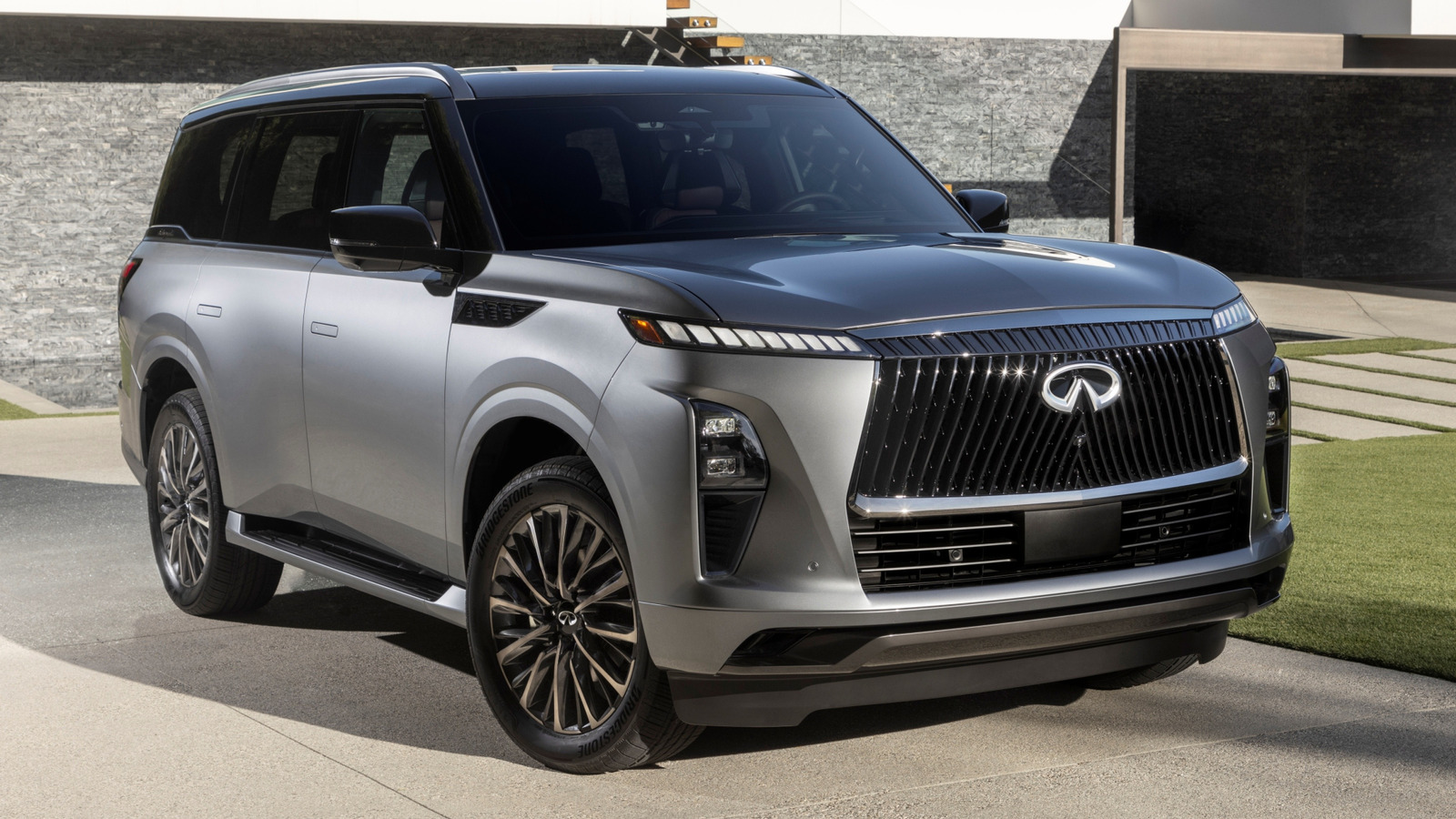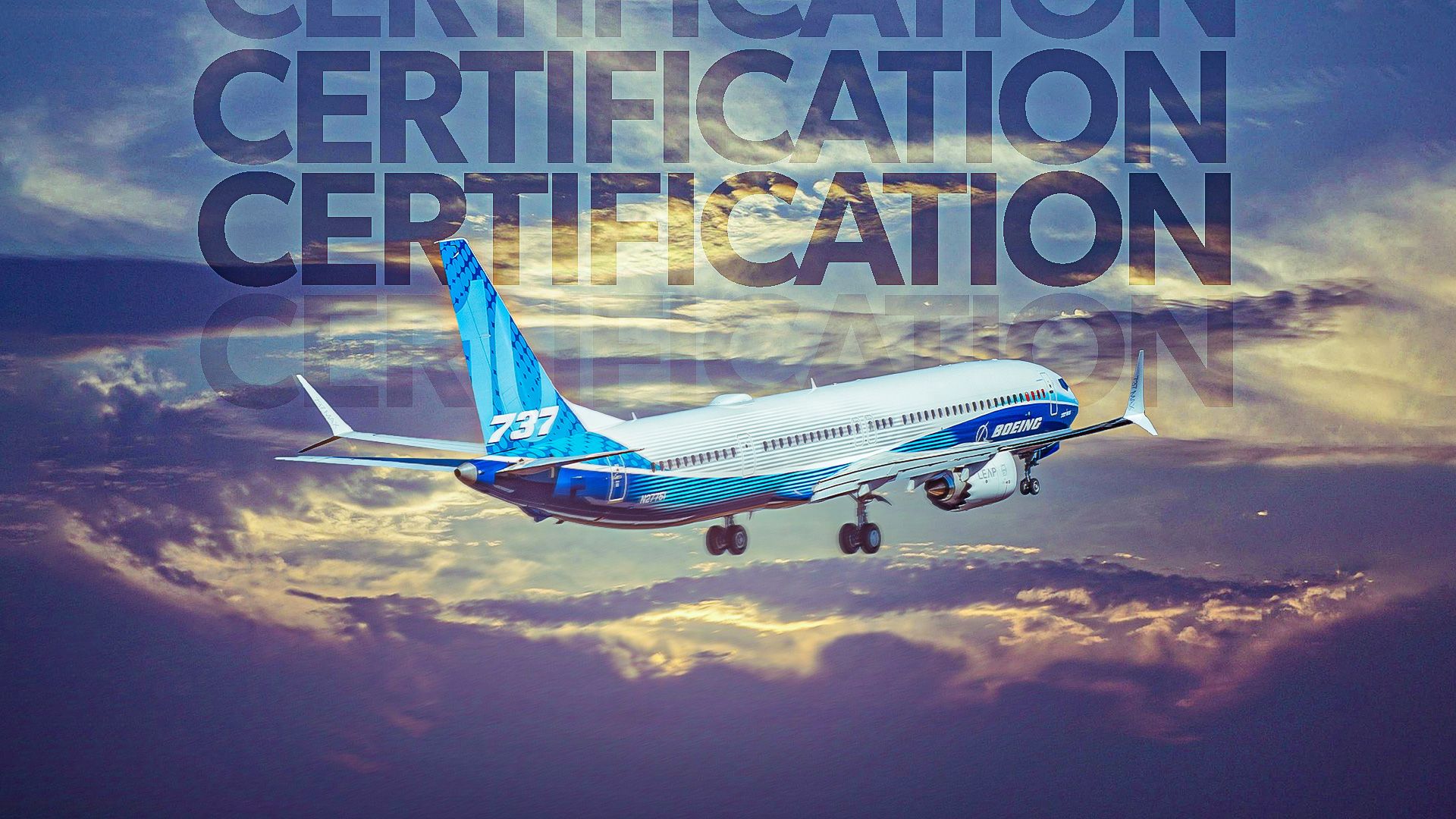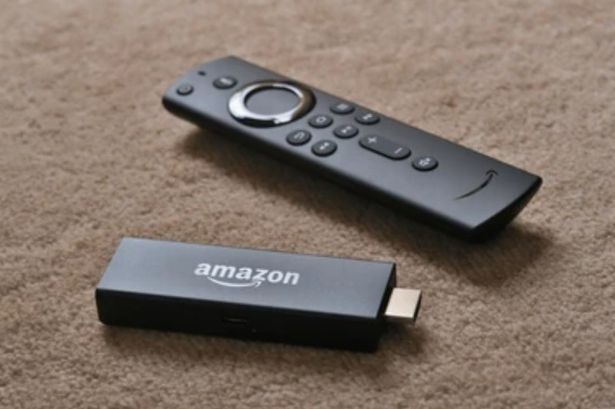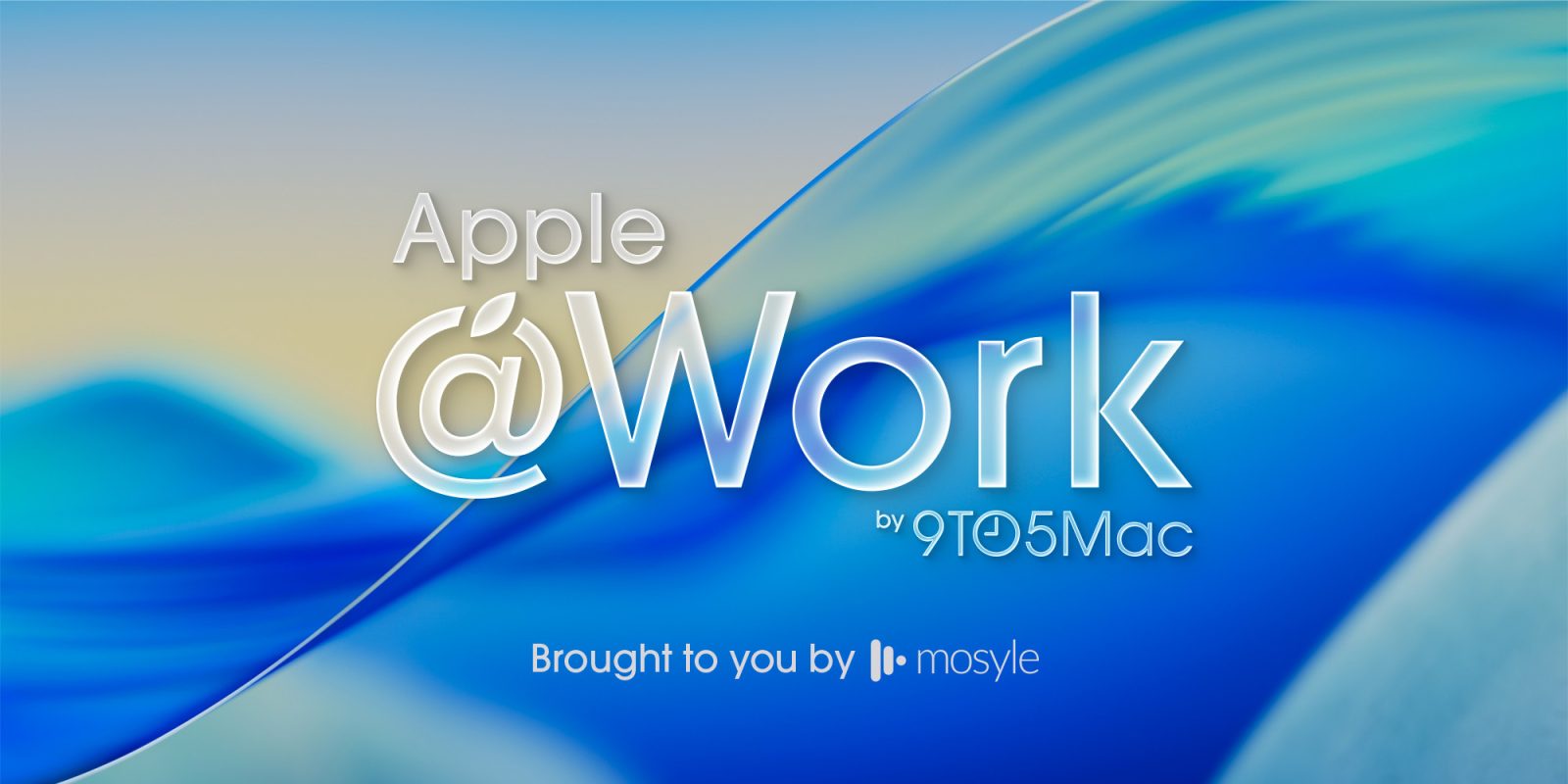As the automotive market continues to evolve, certain vehicles are projected to lose significant value within just five years of ownership. Research published by iSeeCars reveals that a select group of cars will depreciate by at least 60% by 2025. This trend is often attributed to various factors, including high maintenance costs, luxury branding, and shifts in consumer preferences.
Luxury SUVs and Sedans Struggling with Depreciation
The Land Rover Discovery exemplifies a luxury SUV facing steep depreciation. Despite its competence as a spacious and upscale vehicle, it competes with the more stylish Defender and the luxurious Range Rover. According to iSeeCars, the Discovery is expected to lose 60.9% of its original value after five years, largely due to its lack of a unique selling proposition compared to its more desirable siblings.
Similarly, the Audi A6 faces challenges in retaining value. With the shift in consumer preferences towards SUVs and pickups, sedans have seen a decline in demand. The A6’s reputation for expensive maintenance further complicates its resale prospects, leading to an anticipated loss of 61.5% of its value after five years. While an upcoming redesign for the 2026 model year promises improvements, it is uncertain whether these changes will enhance its value retention.
The Infiniti QX60 also raises concerns for potential buyers. With a starting price significantly higher than its mechanically similar counterpart, the Nissan Pathfinder, the QX60 is projected to depreciate by 61.5% over five years. This substantial loss reflects consumer hesitance to invest in vehicles perceived as overpriced.
Rapid Depreciation Among Luxury Options
Among luxury SUVs, the Audi Q7 is forecasted to lose 61.6% of its initial value within five years. Despite its spacious interior and updated features for the 2025 model year, the Q7’s value retention lags behind its competitors from BMW and Mercedes-Benz, which tend to fare better in the resale market.
The Range Rover maintains its status as a quintessential luxury SUV but comes with a hefty depreciation rate of 62.9%. Its high maintenance costs and average reliability rating contribute to this rapid loss. Despite these drawbacks, luxury buyers appear undeterred, as evidenced by Jaguar Land Rover’s record profits in 2024.
Other notable entries include the Cadillac Escalade, which, in both standard and ESV forms, is expected to shed 62.9% of its value. While its luxurious features and performance appeal to many, the depreciation reflects a common trend among high-end vehicles.
The Tesla Model X is another vehicle grappling with depreciation, expected to lose 63.4% of its value after five years. Despite its impressive technological features, concerns about build quality and repair costs have diminished its appeal in the used car market.
The BMW 7-Series stands out with the highest projected depreciation at 67.1%. Its polarizing design and limited resale interest from buyers contribute to its rapid value decline. The discontinued Jaguar I-Pace previously held the record for depreciation at 72.2%, but with its absence in the current market, the BMW takes the unfortunate title.
This depreciation analysis utilized data from iSeeCars, which assessed over 800,000 used car listings sold between March 2024 and February 2025. The findings emphasize the importance of considering long-term value retention when purchasing a vehicle, particularly for those looking to resell in the near future.
In conclusion, prospective buyers should approach these models with caution if they plan to sell in a few years. However, for those seeking used cars at reduced prices, these vehicles may present opportunities for savvy shoppers.







